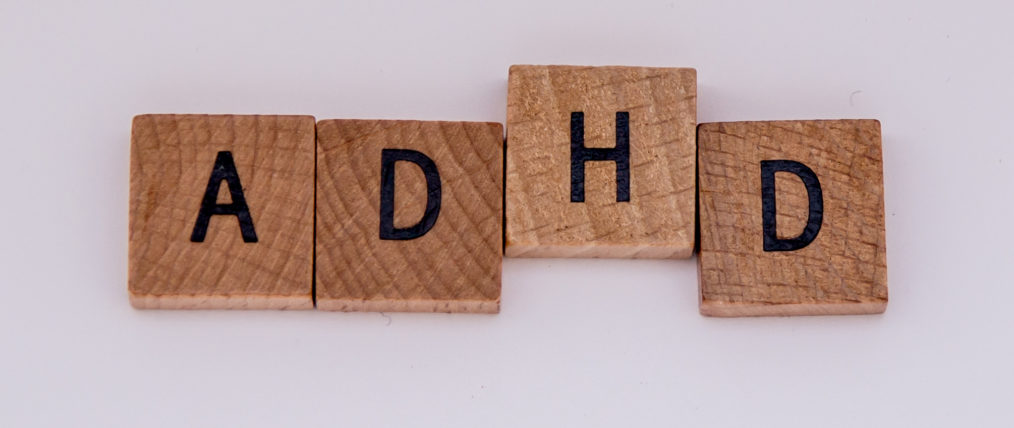Scientific sources and popular media alike frequently report on the occurrence of university students feigning attention-deficit/hyperactivity disorder (ADHD) and misusing stimulant medication for non-medical use. How is it with the BSS students at our faculty?
Read More ›


